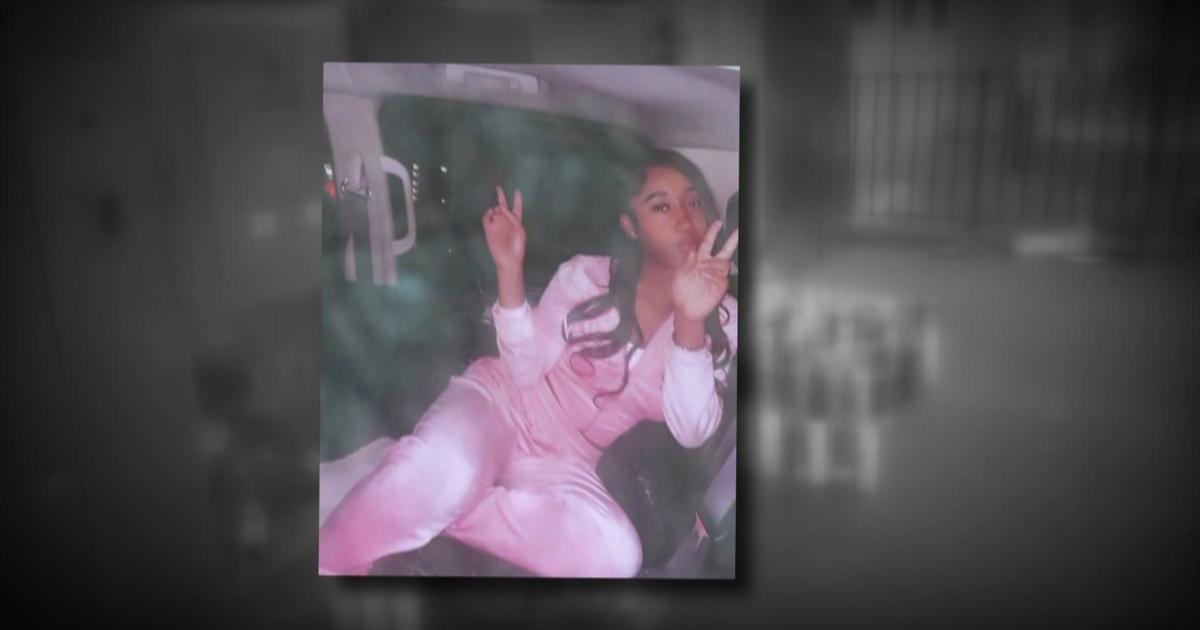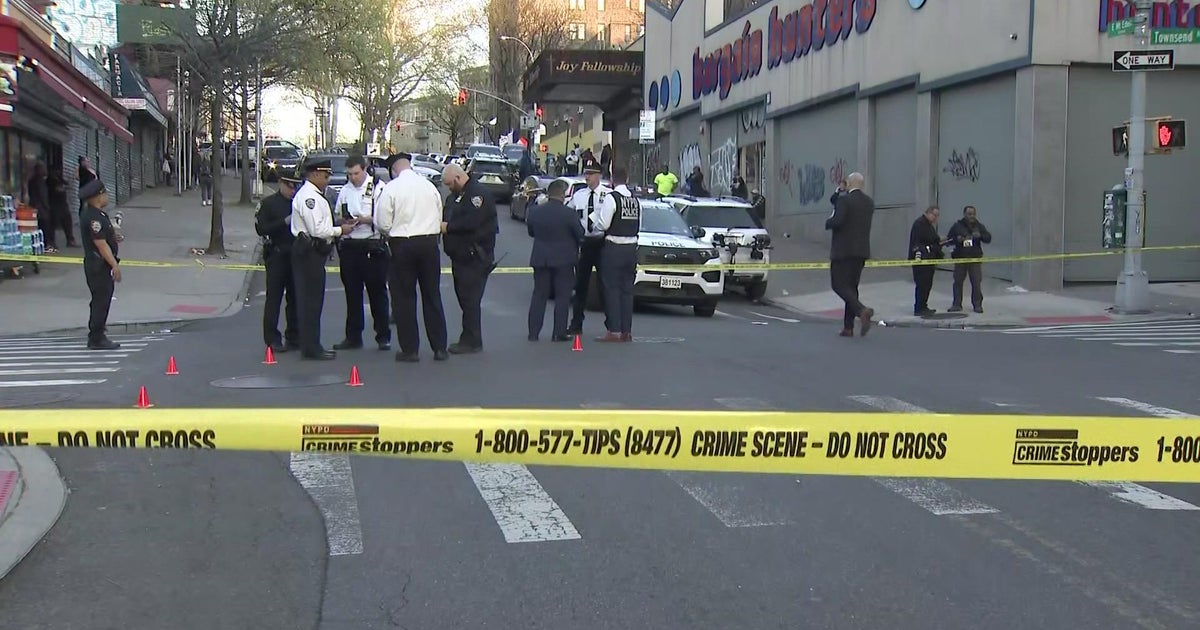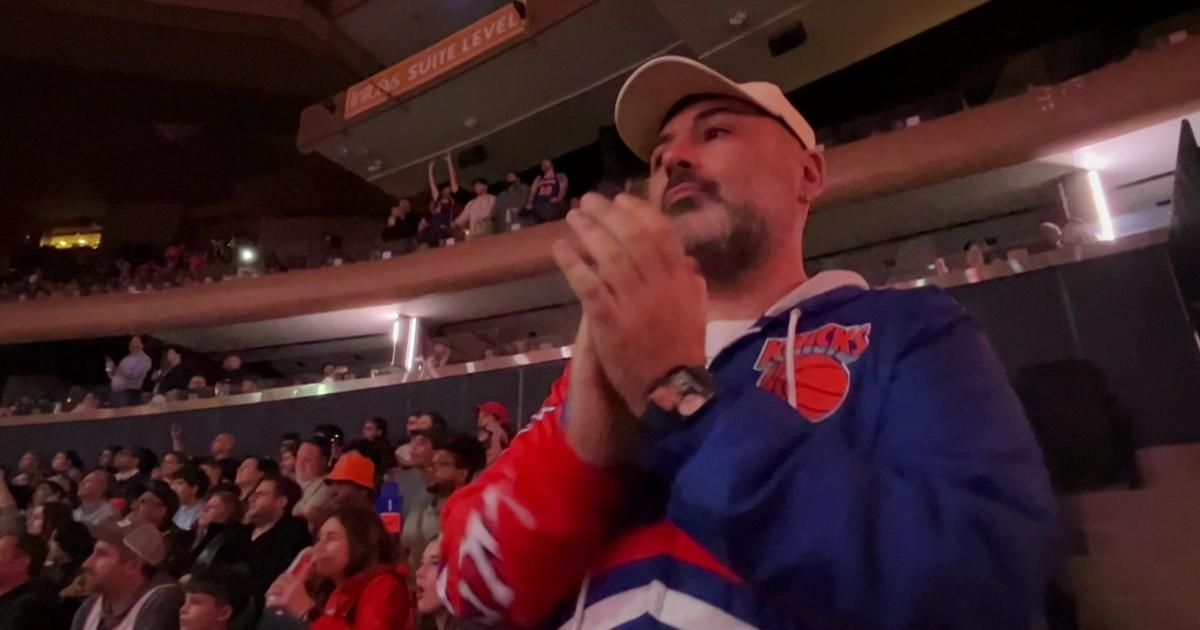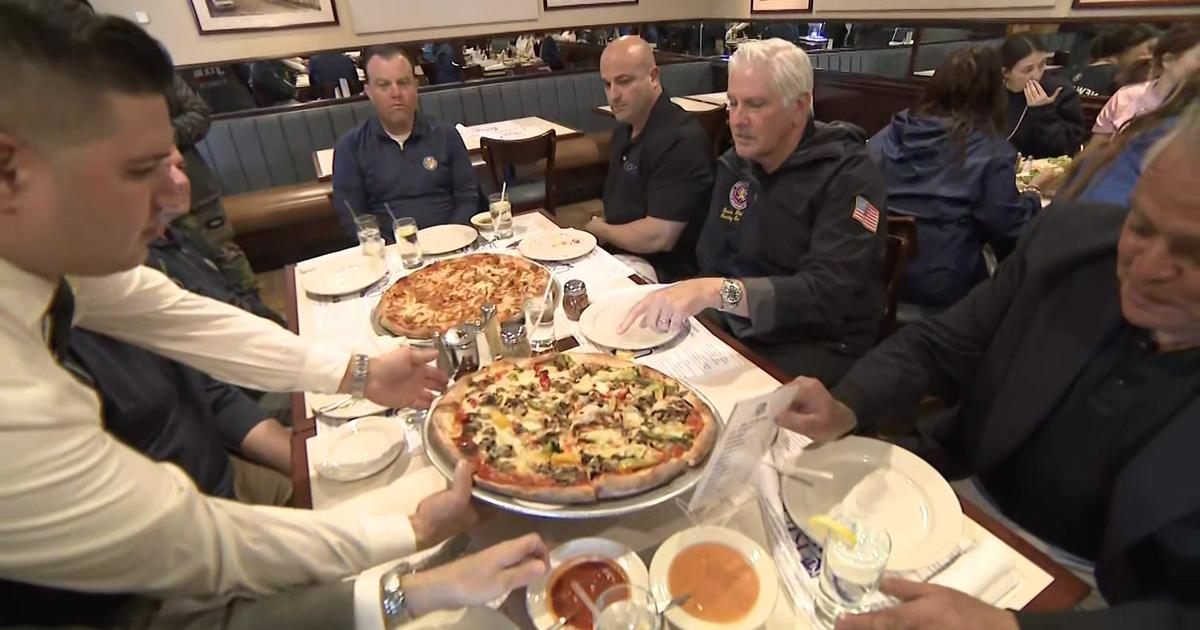McCain Says 'I'll Be Back Soon' As Support Pours In Following Brain Cancer Diagnosis
WASHINGTON (CBSNewYork/AP) — Sen. John McCain said Thursday he'll "be back soon" after being diagnosed with an aggressive type of brain tumor. Meanwhile, bipartisan support continued to pour in for the Arizona lawmaker.
In a tweet Thursday, McCain said he "greatly" appreciates the outpouring of support.
"Unfortunately for my sparring partners in Congress, I'll be back soon, so stand-by!" he said.
The 80-year-old McCain has glioblastoma, according to doctors at the Mayo Clinic in Phoenix, where he had a blood clot removed from above his left eye Friday.
Even though doctors say they were were able to remove all of the visible tumor, this type of brain cancer almost awlays come back, because "the cells from this tumor infiltrate -- they go into the brain," said said Dr. Michael Schulder, director of the Brain Tumor Center at North Shore University Hospital on Long Island. "Sometimes they're referred to as spreading tentacles into the brain beyond what we can see on MRI."
He and his family are considering further treatment, including chemotherapy and radiation.
"Subsequent tissue pathology revealed that a primary brain tumor known as a glioblastoma was associated with the blood clot," his office said in a statement late Wednesday.
According to the American Brain Tumor Association, more than 12,000 people a year are diagnosed with glioblastoma, the same type of tumor that struck McCain's close Democratic colleague in legislative battles, the late Ted Kennedy of Massachusetts.
"It's a primary brain tumor," CBS News Chief Medical Correspondent Dr. Jon Lapook said. "It's a very serious brain tumor."
A primary tumor means the cancer originated in the brain rather than spread there from another site in the body.
The American Cancer Society puts the five-year survival rate for patients over 55 at about 4 percent. Although there is no cure, there are promising clinical trials.
"It's quite likely there will be a combination of these new agents and methods that will have a significant impact for people with glioblastoma," Schulder said.
The present standard of care for brain tumors is six weeks of radiation combined with six months of a well-tolerated oral chemotherapy called temozolomide, CBS2's Dr. Max Gomez reported. But most cancer drugs have limited usefullness against brain tumors because of something called the blood-brain barrier, a natural defense of the cells lining brain capillaries that protects the brain from germs and toxins.
"It works against us in treatment to a certain extent because it will block medication that we give for instance by mouth or by vein," said Dr. Kurt Jaeckle of the Atlantic Neuroscience Institute. "It will block them from getting into the tumor where it needs to be."
That's why researchers have tried nondrug approaches. Docotrs at the JFK Neuroscience Institute in New Jersey ran trials that led to the approval of a device that emits elctromagnetic pulses into the brain and has extended survival in some brain tumor patients.
JFK has also been testing a brain cancer vaccine with some success, the idea being to get the patient's own immune system to recognize and attack the cancer cells.
McCain has been recovering at his Arizona home. His absence forced Senate Majority Leader Mitch McConnell, R-Ky., to delay action on health care legislation.
Thursday morning, the Senate chaplain led a moment of prayer for McCain on the Senate floor.
South Carolina Sen. Lindsey Graham said he spoke to McCain on Wednesday evening.
"This disease has never had a more worthy opponent," said Graham, a Republican.
Republican House Speaker Paul Ryan called McCain a "warrior" in a statement, saying "all of us, not as Republicans or Democrats, but as Americans, are behind him."
In a statement on Twitter, his daughter, Meghan McCain, spoke of the shock of the news and the anxiety over what happens next.
"My love for my father is boundless and like any daughter I cannot and do not wish to be in a world without him," she wrote. "I have faith that those days remain far away."
As word spread of his diagnosis, presidents past and present, along with McCain's current and former Senate colleagues, offered support in an outpouring rarely seen in Washington.
"Senator John McCain has always been a fighter," President Donald Trump said. "Melania and I send our thoughts and prayers to Senator McCain, Cindy, and their entire family. Get well soon."
Barack Obama, who dashed McCain's dreams of the presidency in 2008, said in a tweet: "John McCain is an American hero & one of the bravest fighters I've ever known. Cancer doesn't know what it's up against. Give it hell, John."
McCain has a lifetime of near-death experiences — surviving the July 1967 fire and explosion on the USS Forrestal that killed 134 sailors; flying into power lines in Spain; the October 1967 shoot-down of his Navy aircraft and fall into Truc Bach Lake in Hanoi; and 5½ years in a North Vietnamese prison.
"The Hanoi Hilton couldn't break John McCain's spirit many years ago, so Barbara and I know — with confidence — he and his family will meet this latest battle in his singular life of service with courage and determination," said former President George H.W. Bush.
Politics aside, McCain and Bill Clinton developed a strong friendship, and the former president said: "As he's shown his entire life, don't bet against John McCain. Best wishes to him for a swift recovery."
Hillary Clinton, who also served with McCain in the Senate, said McCain is "as tough as they come."
In the past, McCain had been treated for melanoma, but a primary tumor is unrelated. Doctors said McCain is recovering from his surgery "amazingly well" and his underlying health is excellent.
(© Copyright 2017 CBS Broadcasting Inc. All Rights Reserved. The Associated Press contributed to this report.)



